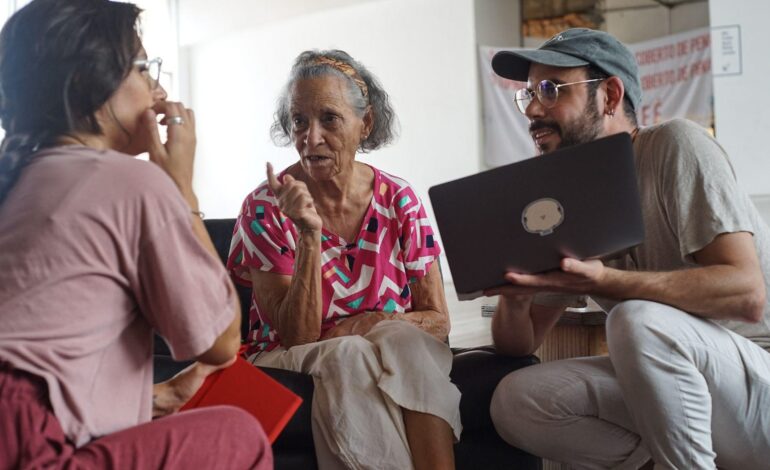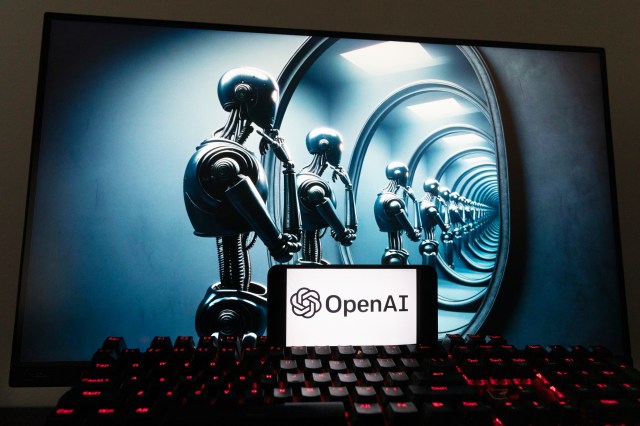
Can AI Rebuild Lost Pasts for Elderly and Refugees?
Vulnerable groups, including the elderly and refugees, often have fragmented pasts. AI technology presents an opportunity to reconstruct their unrecorded histories, offering new ways to preserve memories and identity. This article explores how AI can be a powerful tool in providing these individuals with a sense of historical continuity.
The Challenge of Reconstructing Past Lives
Many individuals experience gaps in their personal histories, especially among the elderly and refugees. These gaps can stem from various factors such as war, displacement, or memory loss. For these individuals, the opportunity to piece together their pasts can provide not only a sense of identity but also psychological relief. Reconstructing these histories can be complex, as traditional record-keeping methods often fall short, leaving significant portions of lives unchronicled.
The Role of AI in Memory Preservation
AI technology can analyze vast amounts of data to recreate plausible past events and fill in missing historical details. By processing photographs, audio recordings, and other digital artifacts, AI algorithms can help rebuild a person’s history. Machine learning can uncover patterns and make connections between disparate pieces of information, potentially reconstructing a fuller narrative of an individual’s life. This can be incredibly empowering for those whose pasts have been disrupted.
Ethical Considerations and Potential Impact
While AI offers promising solutions, there are ethical considerations regarding privacy and data ownership. It is crucial to ensure that personal data is used responsibly and with the explicit consent of individuals involved. Moreover, there is a risk that reconstructed memories may not be entirely accurate, potentially leading to confusion or distress. However, if applied ethically, AI-driven reconstructions can have a profound impact on individual identity and community history, offering a digitally preserved legacy for future generations.
Conclusion
AI has the potential to serve as an invaluable tool in bridging the gaps in unrecorded pasts for vulnerable populations. While challenges and ethical considerations remain, the technology can help restore a sense of identity and continuity for many individuals, creating a more comprehensive understanding of their personal histories.





